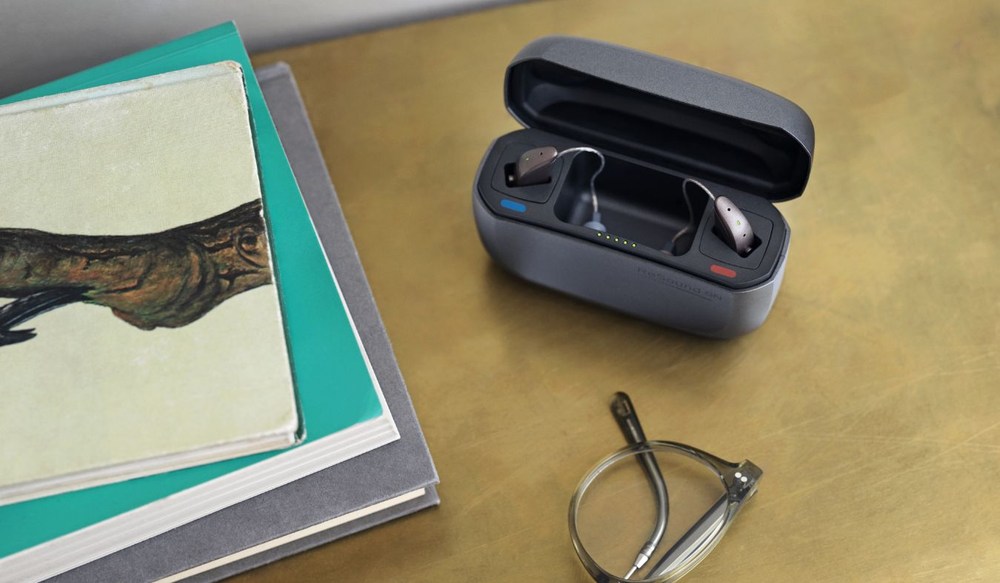How Smart Hearing Aids Automatically Adjust to Your Environment
Your day doesn’t happen in one consistent listening environment. You


Your day doesn’t happen in one consistent listening environment. You

As the seasons shift and temperatures drop, many people start to think

Your hearing aids are pretty impressive pieces of technology, but they